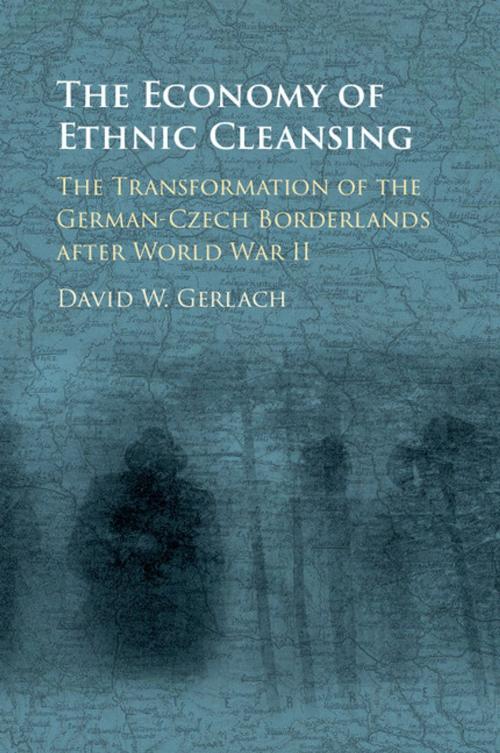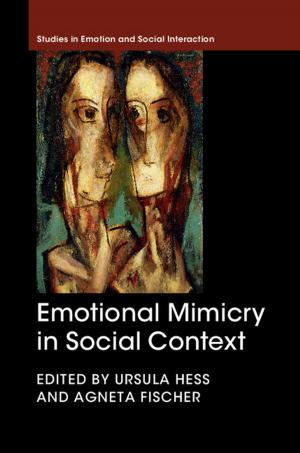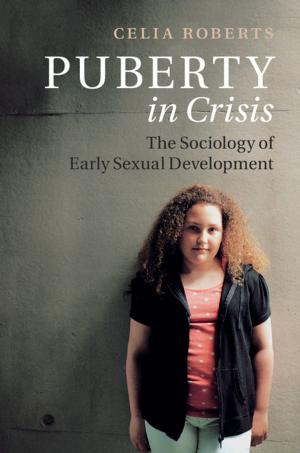The Economy of Ethnic Cleansing
The Transformation of the German-Czech Borderlands after World War II
Nonfiction, History, European General, Modern, 20th Century| Author: | David Wester Gerlach | ISBN: | 9781108169202 |
| Publisher: | Cambridge University Press | Publication: | November 9, 2017 |
| Imprint: | Cambridge University Press | Language: | English |
| Author: | David Wester Gerlach |
| ISBN: | 9781108169202 |
| Publisher: | Cambridge University Press |
| Publication: | November 9, 2017 |
| Imprint: | Cambridge University Press |
| Language: | English |
In the wake of World War II the Sudetenland became the scene of ethnic cleansing, witnessing not only the expulsion of nearly three million German speakers, but also the influx of nearly two million resettlers. Yet mob violence and nationalist hatred were not the driving forces of ethnic cleansing; instead, greed, the search for power and property, and the general dislocation of post-war Central and Eastern Europe facilitated these expulsions and the transformation of the German-Czech borderlands. These overlapping migrations produced conflict among Czechs, hardship for Germans, and facilitated the Communist Party's rise to power. Drawing on a wide range of materials from local and central archives, as well as expellee accounts, David Gerlach demonstrates how the lure of property and social mobility, as well as economic necessities, shaped the course and consequences of ethnic cleansing.
In the wake of World War II the Sudetenland became the scene of ethnic cleansing, witnessing not only the expulsion of nearly three million German speakers, but also the influx of nearly two million resettlers. Yet mob violence and nationalist hatred were not the driving forces of ethnic cleansing; instead, greed, the search for power and property, and the general dislocation of post-war Central and Eastern Europe facilitated these expulsions and the transformation of the German-Czech borderlands. These overlapping migrations produced conflict among Czechs, hardship for Germans, and facilitated the Communist Party's rise to power. Drawing on a wide range of materials from local and central archives, as well as expellee accounts, David Gerlach demonstrates how the lure of property and social mobility, as well as economic necessities, shaped the course and consequences of ethnic cleansing.















